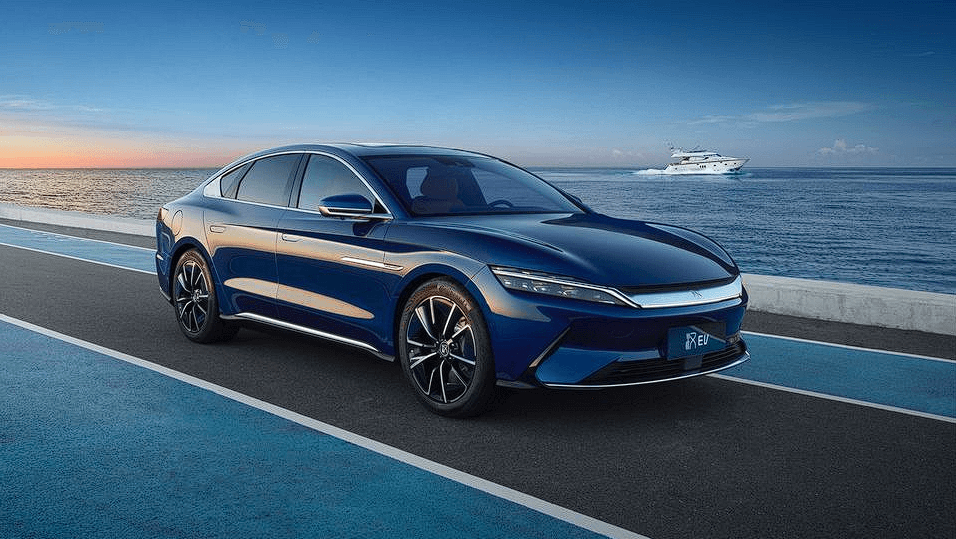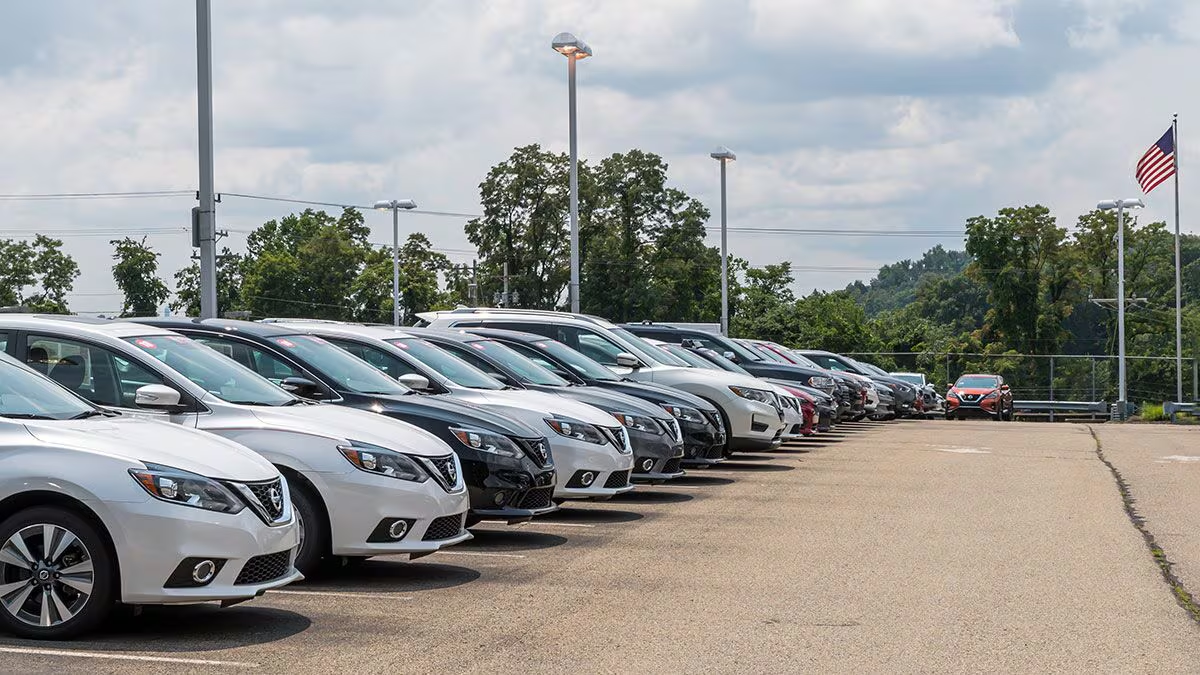How Chinese EVs Will Transform the US Vehicle Market (PDF)
Prepare for a game-changing transformation in the US car market as Chinese automakers gear up to disrupt the industry with their affordable electric vehicles (EVs). Years of preparation and planning have brought these companies closer than ever to making their mark on American roads.
In their home market, Chinese car manufacturers have already surpassed their American counterparts, attracting customers with high-quality EVs at lower price points. Their success has even extended to Europe, where they have begun exporting a diverse range of brands.

Overcoming Hurdles: Political Challenges and Consumer Perception
Now, industry leaders like Nio and Geely are eyeing the United States as their next destination. The question remains: Can they overcome the challenges of political frictions and win over American consumers?
China’s EV industry has experienced explosive growth in recent years, with Chinese consumers purchasing a remarkable 5 million electric passenger vehicles in 2022, compared to the US’s record of 800,000 EV sales. Chinese company BYD is set to overtake Tesla as the world’s largest EV manufacturer.
Throughout history, foreign car makers have had a profound impact on the US market. In the 1970s, Japanese companies such as Toyota and Honda revolutionized American industry with their affordable and fuel-efficient vehicles. More recently, Korean brands like Hyundai and Kia have presented an interesting challenge to Ford and GM in the SUV segment. This trend forecasts an even more exciting prospect: Chinese EV manufacturers could make a formidable presence in the US through competitively priced vehicles.
However, entering the American market may prove more challenging for Chinese automakers due to escalating political tensions and consumer skepticism towards Chinese brands. Lawmakers are likely to subject Chinese companies with US expansion plans to increased scrutiny.
Redefining Affordability and Choice: Chinese EVs Enter the American Market
American brands, including Tesla, have long promised affordable EV options with extended range, but progress has been slow. GM’s decision to discontinue its most affordable EV, the Bolt EV, and focus on the production of more expensive electric pickups reflects the challenges faced by American manufacturers in delivering affordable options.
Meanwhile, Chinese brands dominate the affordability realm, both at home and in Europe. Notable examples include the Wuling Hong Guang Mini, a compact city car priced around $5,000, and BYD’s Seagull, a stylish hatchback with an estimated range of 190 miles, starting at under $11,000.
Despite the potential disruption, Chinese automakers won’t conquer the US market overnight. They are likely to adopt a cautious approach, initially testing the waters with limited launches and studying the market before expanding further. Only a few brands among the numerous contenders will achieve significant sales volume in the US.
In the race for a successful entry into the lucrative US market, companies with a well-established global presence are at the forefront. Among the frontrunners are Geely and BYD, both renowned for their significant market presence. Geely’s ownership of Polestar, the Swedish EV brand affiliated with Volvo, has already paved the way for importing vehicles from China. Simultaneously, Nio, a prominent Chinese electric vehicle manufacturer, has made its intentions clear with plans to enter the US market by 2025. These industry giants, armed with their global expertise, are poised to make a significant impact on American roads in the near future.
Once Chinese automakers establish a foothold in the American market, the next logical step will be setting up manufacturing facilities in North America. Given the size of the US car market, local production capabilities will be crucial for long-term competitiveness.
Overall, as Chinese EVs prepare to revolutionize the US car market, we are witnessing a significant shift that will redefine affordability and quality for American consumers. The arrival of Chinese EVs signifies a new era in the industry, presenting both challenges and opportunities for established American brands.



